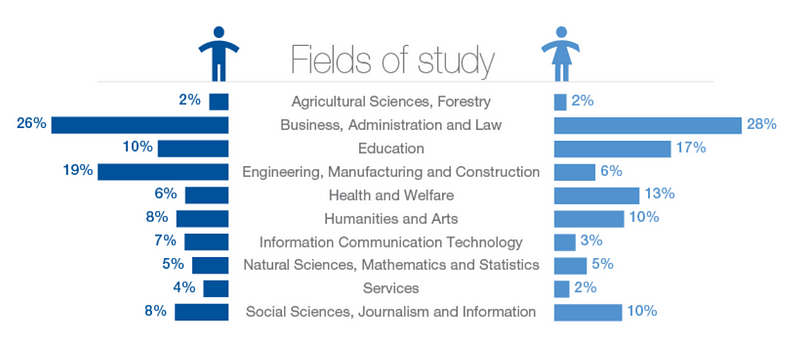Jennifer Artley
 We often underestimate the scale and speed of change that occurred in the 20th century. Wave upon wave of scientific discovery and technological advance has transformed many aspects of our daily and working lives. As we strike out into the digital age it is our responsibility as business leaders to navigate these changes with integrity and to provide positive, impactful leadership as the business landscape takes a new shape.
We often underestimate the scale and speed of change that occurred in the 20th century. Wave upon wave of scientific discovery and technological advance has transformed many aspects of our daily and working lives. As we strike out into the digital age it is our responsibility as business leaders to navigate these changes with integrity and to provide positive, impactful leadership as the business landscape takes a new shape.
Currently, many jobs involve long commutes, hard physical labor, or low pay, and little opportunity for professional development or personal fulfilment. But what if that all could change? The digital age will create an opportunity to reinvent work and to reinvent the workplace.
Connectivity is a by-product of technology. It leads to a more inclusive workspace, a chance for co-workers to collaborate despite miles and oceans between them. The digital era now allows us to work anywhere at any time, playing a vital role in the work/life balance for families. It is now fully possible to swap long commutes to the office for the precious moments of being available to run our kids to school and still be online for a full day of work.
While we are improving our lifestyles in some ways, there are many of us who feel uneasy in the face of such momentous and rapid change. We have seen examples in the news of companies that have automated labor-intensive tasks and reduced their workforce as a result. It’s only natural to wonder if our jobs are vulnerable.
It’s impossible to predict the future, but we can look to the past to find similarities that might provide indicators of where we are heading. The Industrial Revolution of the 1900s brought forth new technologies and different ways of working. Many skilled workers found themselves replaced by machines.
While there were certainly displacements during this shift, the situation created an opportunity for education, previously not available for agricultural workers living in rural areas, and prompted the adoption of a whole new skill set needed to handle the then-modern machinery.
We certainly will face our own set of labour-force consequences as this Digital Revolution progresses. But, if history is to be our guide, business leaders must consider what skill sets will be most favourable, and then help their employees develop those proficiencies.
Supercharged human beings and a more human leadership
Technology democratises human capabilities — physical and intellectual. We might be able to hand over labor-intensive or highly analytical tasks to machines and robots. We’ll likely use digital technologies such as artificial intelligence and machine learning to boost the skills, talent and outputs of our people.
In some sectors and some markets, a lack of IT skills is already holding back digital transformation. Many governments and employers, including BT, are actively encouraging young people to study science, math, and engineering in order to increase the pool of future candidates.
 Image: Global Gender Gap Index, 2017, World Economic Forum
Image: Global Gender Gap Index, 2017, World Economic Forum
We can also fill the pipeline by attracting more women into the technology industry. As of now, women are drastically under-represented in the global technology sphere — just 24% of the information and communication technology (ICT) workforce is female, according to the World Economic Forum report, The Industry Gender Gap.
Jobs should always go to the best and most-qualified candidate, but it is important that we not overlooks the rich differences between men and women, and the space where diversity of thought and approach encourage creativity and innovation.While we don’t need everyone to be a software engineer, we do need employees who can learn, who can share, who can connect the dots and build good relationships with colleagues inside and outside of the organisation. Just as important, we need employees who understand how technology and society interact to drive progress for all stakeholders.
If we need employees who can do all of that, then we need leaders to match. We will need to learn new ways of leading: how to successfully manage people who are not sitting in the office where you can see them; how to measure and reward in a virtual work place and how to virtually connect diverse skill sets that will lead to optimum results.
As Professor Klaus Schwab notes, “We need leaders who are emotionally intelligent, and able to model and champion co-operative working. They’ll coach, rather than command; they’ll be driven by empathy, not ego. The digital revolution needs a different, more human kind of leadership”.
Originally published at www.weforum.org.
No comments:
Post a Comment